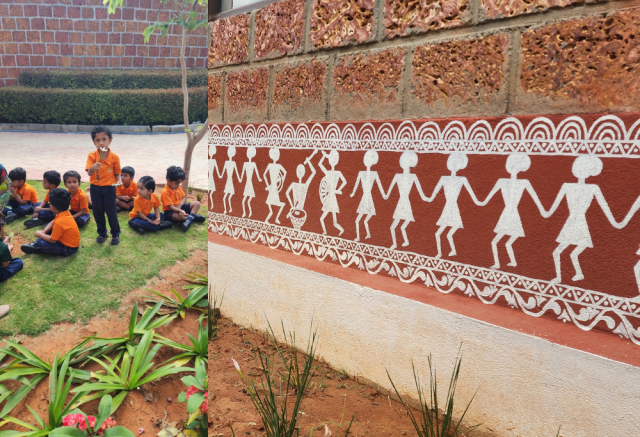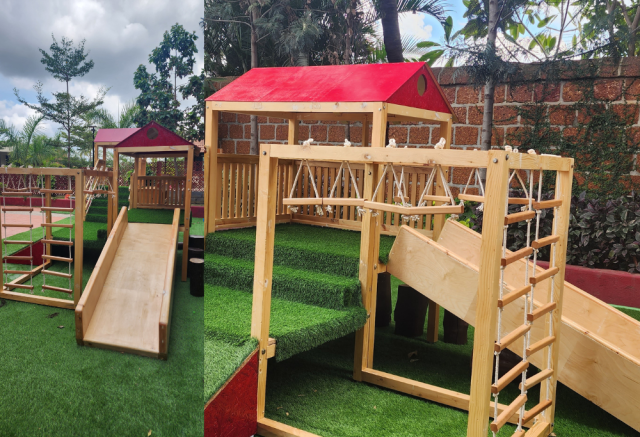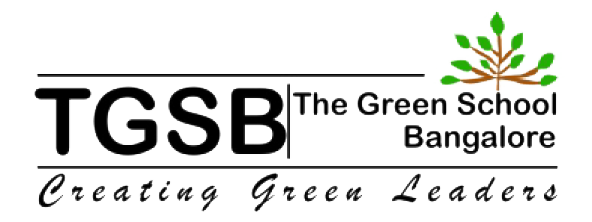The Sustainable Cityscapes
An Interdisciplinary Approach to Eco-Friendly Urban Design” project integrates key concepts from the ICSE curriculum TGSB in both mathematics and physics.



This is how the project aligns with and enhances learning in these subjects
ICSE curriculum TGSB
Mathematics Concepts
Geometry and Trigonometry
Concepts: Understanding shapes, angles, and dimensions.
Application: Students use geometry to design building layouts and urban plans, calculating areas and volumes of different structures. Trigonometry helps in determining heights and angles for optimal sunlight exposure and efficient roof designs.
ICSE curriculum TGSB
Algebra and Equations
Concepts: Solving linear and quadratic equations.
Application: Algebra is used to optimize resources, such as determining the most efficient use of space and materials. Equations help calculate costs, energy requirements, and potential savings from sustainable practices.
ICSE curriculum TGSB
Statistics and Data Analysis
Concepts: Collecting, analyzing, and interpreting data.
Application: Students collect data on energy consumption, waste production, and water usage. They use statistical methods to analyze this data, identifying patterns and making informed decisions about sustainable practices.
ICSE curriculum TGSB
Calculus (Basic Introduction)
Concepts: Understanding rates of change and area under curves.
Application: Students may explore basic calculus concepts to model energy consumption over time and to optimize the design of renewable energy systems like solar panels.
ICSE curriculum TGSB
Physics Concepts
Mechanics and Forces
Concepts: Understanding tension, compression, and shear forces.
Application: Physics principles help students design structures that can withstand environmental loads. They learn how to distribute forces in building materials to ensure structural integrity.
ICSE curriculum TGSB
Thermal Physics
Concepts: Heat transfer, insulation, and thermal conductivity.
Application: Students explore how to design buildings with effective insulation to maintain energy efficiency. They study the principles of conduction, convection, and radiation to optimize heating and cooling systems.
Electricity and Magnetism
Concepts: Understanding electric circuits, voltage, current, and resistance.
Application: The project involves designing and integrating renewable energy systems, such as solar panels and wind turbines. Students learn how to set up circuits and understand the electrical properties that make these systems work.
Fluid Dynamics
Concepts: Properties of fluids, pressure, and flow rates.
Application: Physics of fluid dynamics is crucial in designing effective water management systems, including rainwater harvesting and greywater recycling. Students learn how to optimize water flow and distribution
Please download the below PDF for complete details.
Sustainable Cityscapes An Interdisciplinary Approach to Eco-Friendly Urban Design (

Fo more visit
